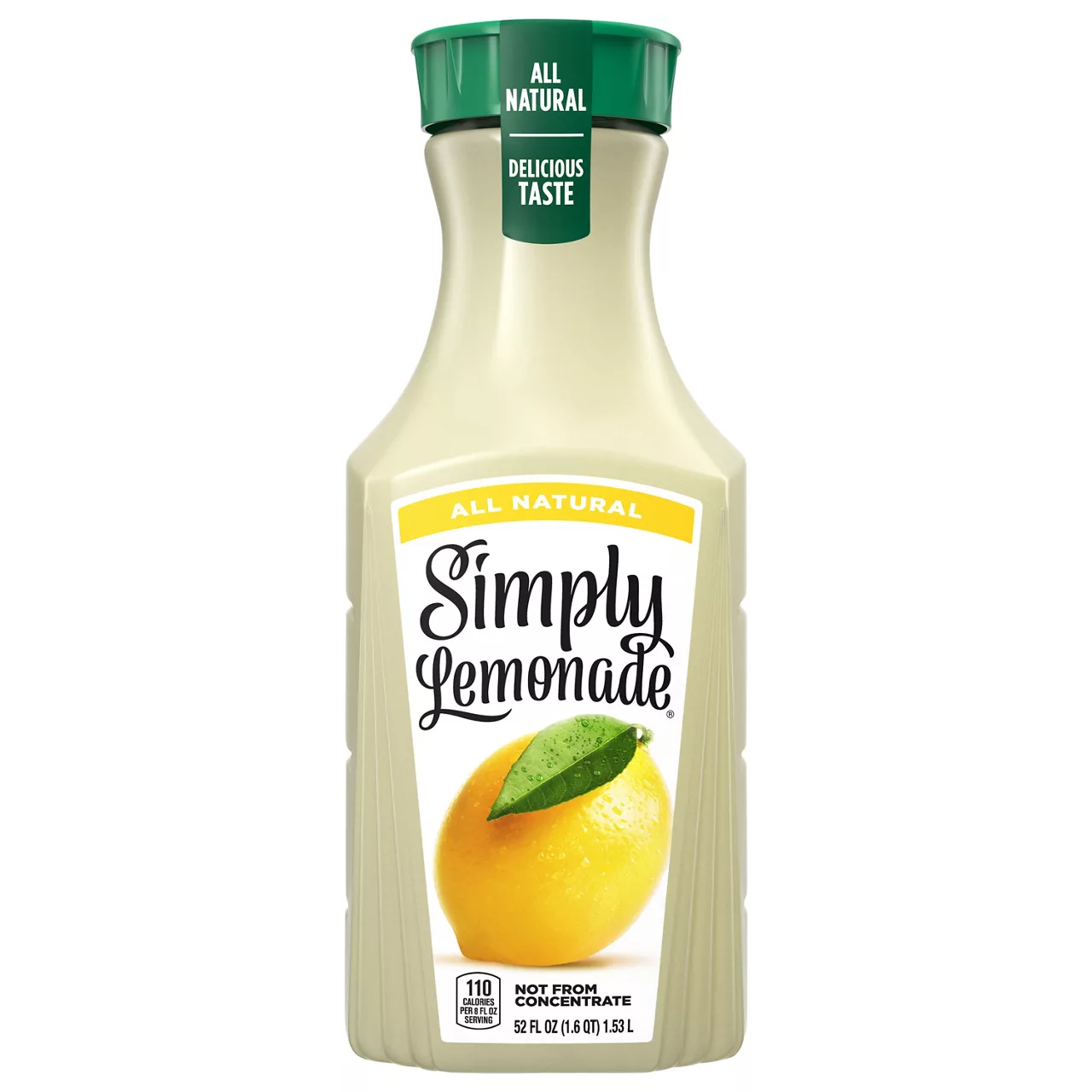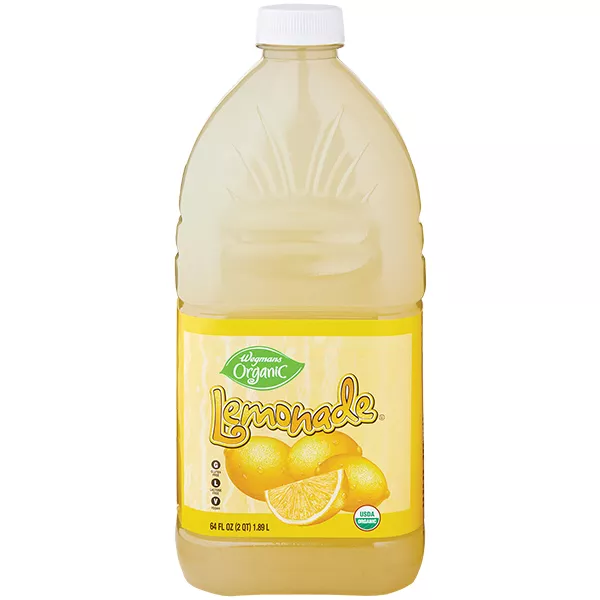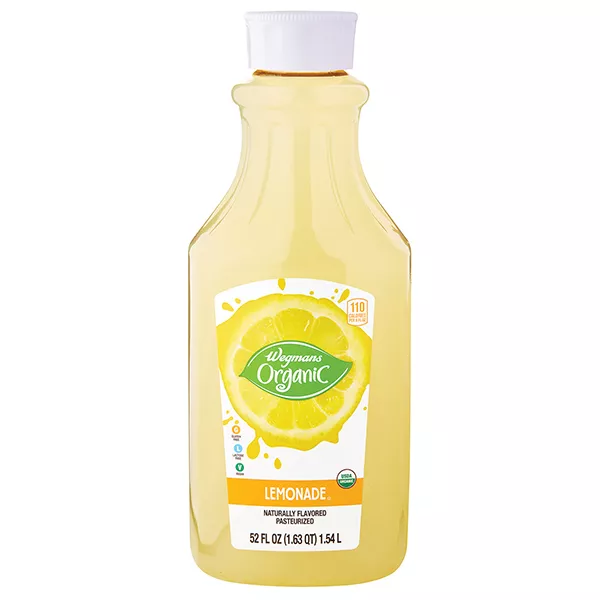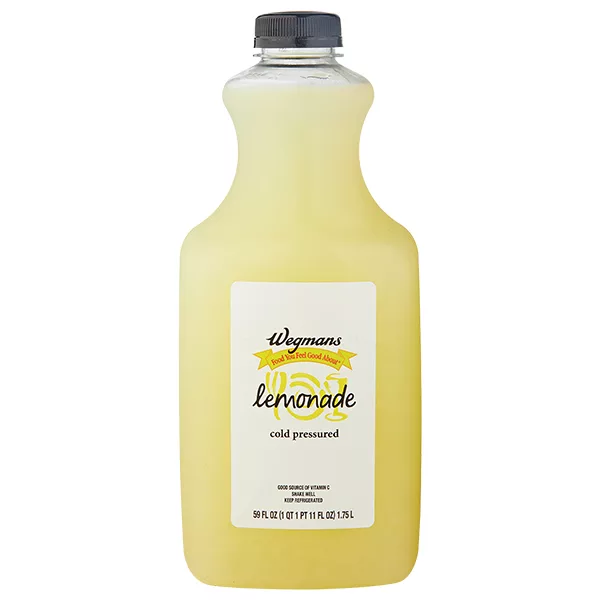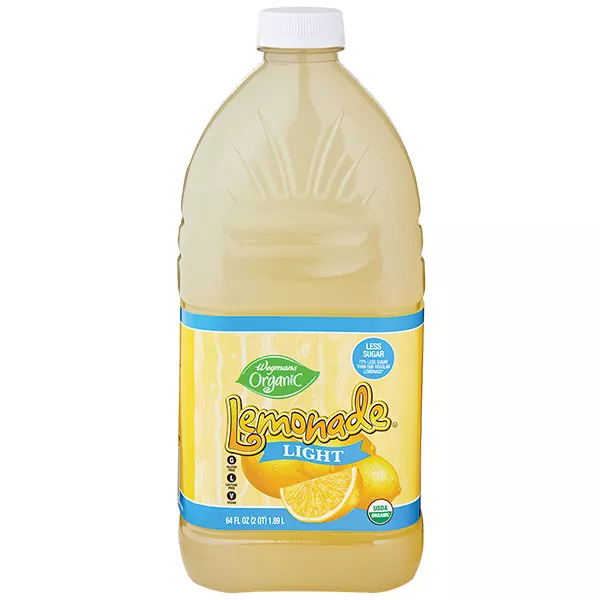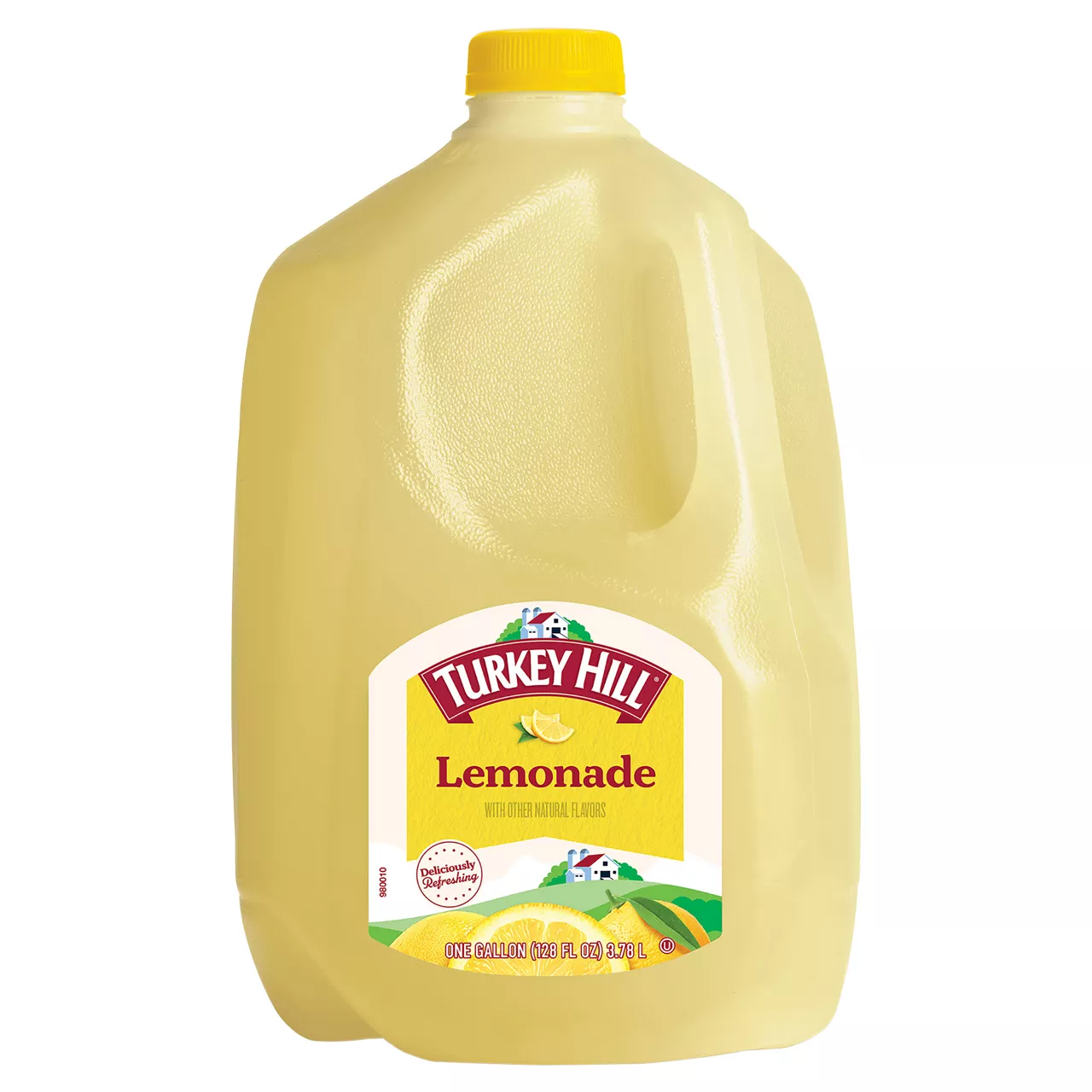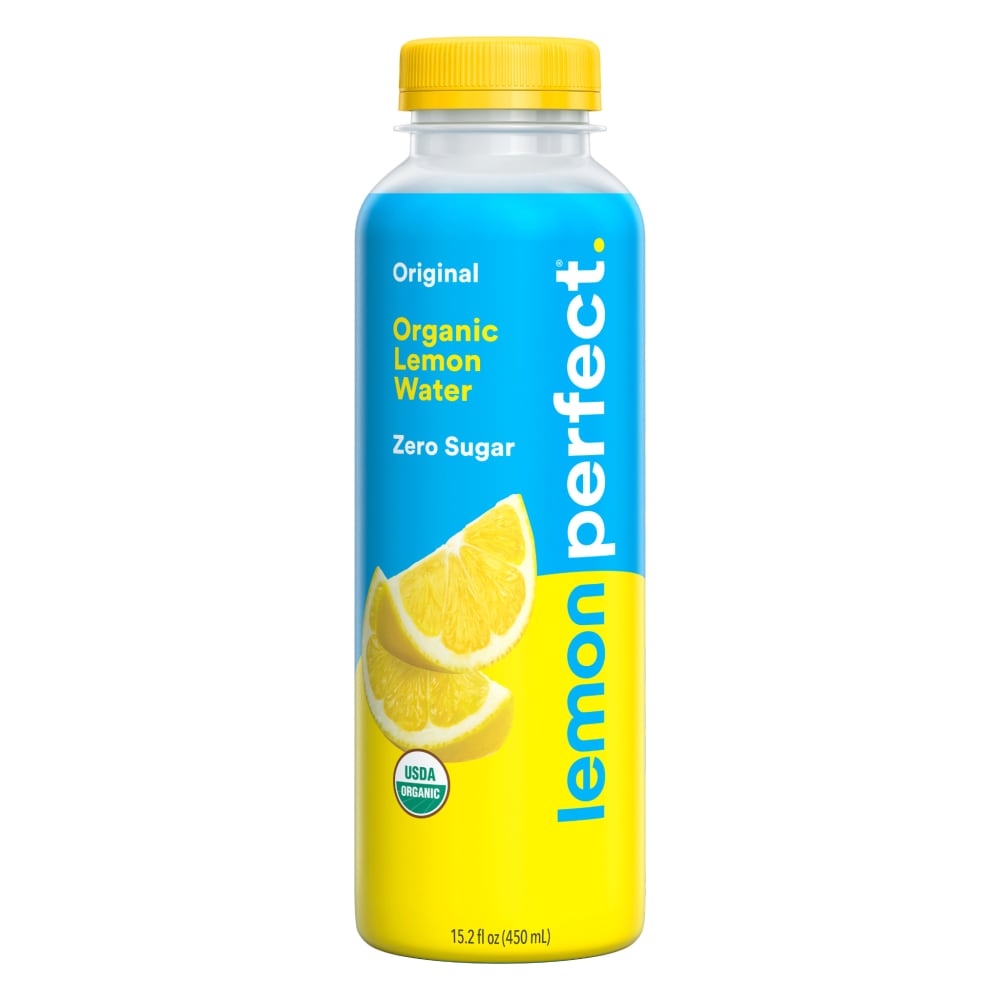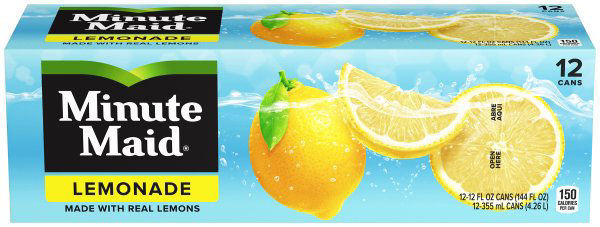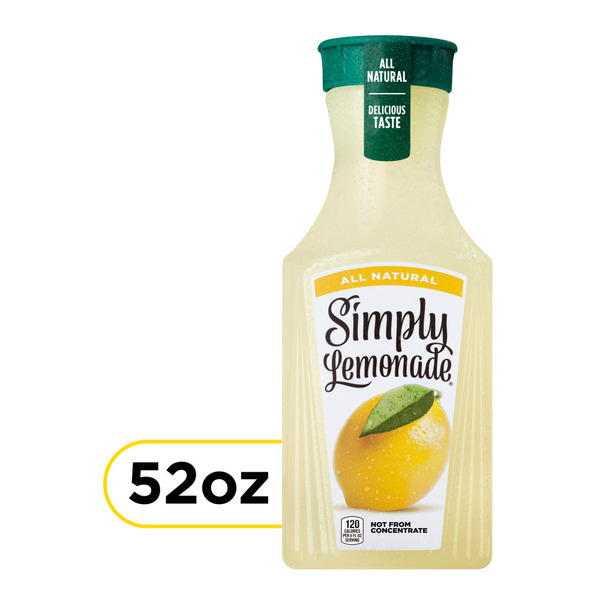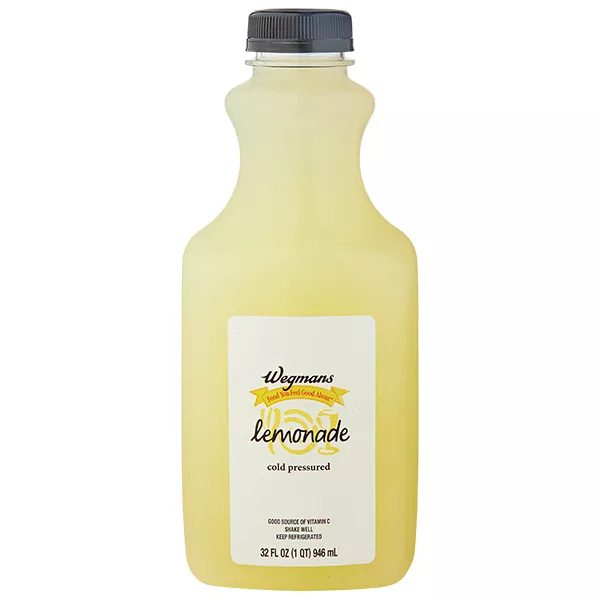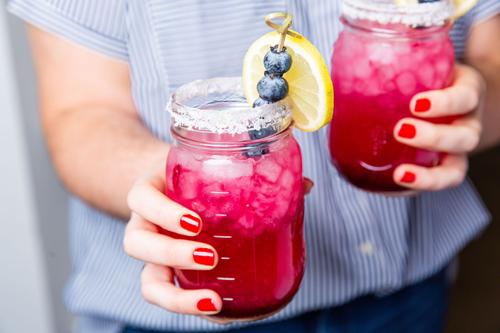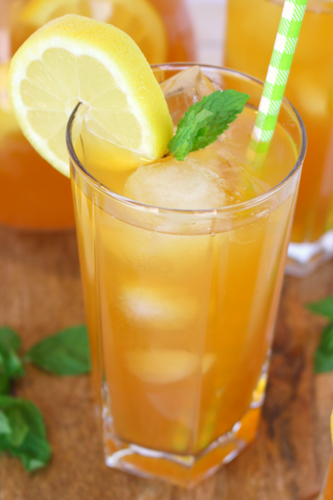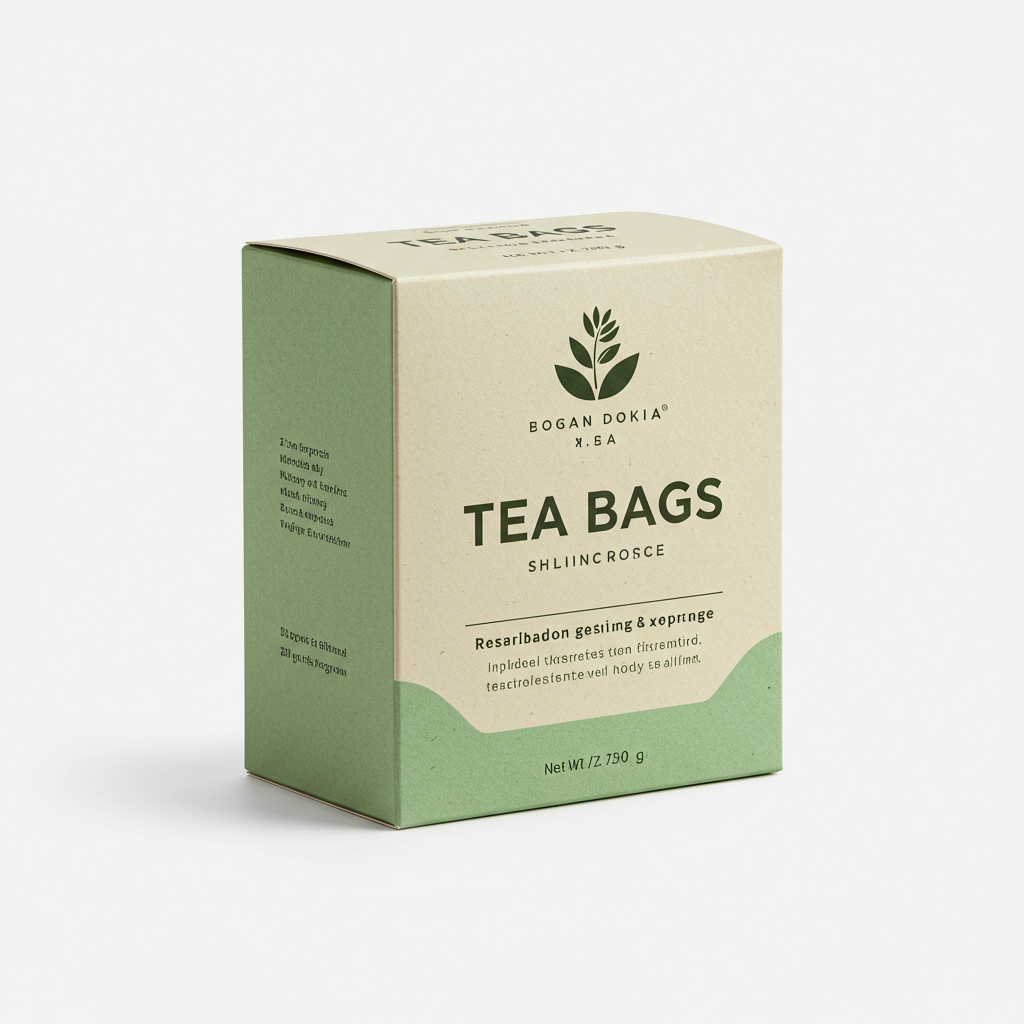BEVERAGES
Lemonade
Lemonade is a refreshing, versatile beverage made from a simple combination of fresh lemon juice, sugar, and water. This popular drink has been quenching thirsts for centuries, particularly in warm weather as a staple at picnics, outdoor events, and family gatherings. It can be enjoyed as a classic, stand-alone beverage, or as the base for creating cocktails, mocktails, slushies, or popsicles.
The process of making lemonade involves extracting juice from the lemons and mixing it with water and sugar to produce a balanced sweet and tangy flavor. Adjusting the proportions of these ingredients allows for customizing the taste according to personal preferences, whether it be sweeter, more tart, or as a less concentrated base for infusing other flavors. Lemonade is also available in store-bought ready-to-drink varieties and as concentrated mixes.
98%
CARBS
1%
FAT
0%
PROTEIN
2,882 Lemonade Products
2 Recipes for Lemonade
Used In 6 Recipes
Lemonade Is Frequently Used With
Lemonade FAQ
Lemonade, a delightful tangy-sweet drink, tickles flavour palates around the globe. Available as a readymade beverage or simple to prepare at home, its key ingredients are lemon juice, sugar, and water. The harmony of tang from the lemons tackling the sweetness of the sugar is what gives lemonade its charisma. A common query is whether the type of water used affects the overall taste - and the answer is yes, it does. Spring water and filtered water, free of strong mineral or chlorine taste, provide a neutral base that doesn't overshadow the lemon flavour.
Many people mess up while dealing with the balance between sweetness and tartness - too much of either can throw off the drink. To get the most out of lemonade, you need to finesse the balance between the components; start with less sugar, taste it, and then add more if required. You can also experiment with different types of sweeteners such as honey, agave syrup or even stevia. Another pointer to getting the maximum out of your homemade lemonade is to use fresh lemons rather than bottled juices as the latter can lack the fresh zestiness integral to a good lemonade.
A helpful hack when making lemonade is to roll the lemon on a flat surface with slight pressure before cutting and juicing, as this helps release more juice. Lemonade is also a great base to infuse other flavors like ginger, mint, lavender or fresh berries.
Can I use bottled lemon juice instead of fresh?
Does the type of sugar used affect the taste of lemonade?
How can I make my lemonade less sweet without making it too sour?
How can I make lemonade without sugar?
Can I add other flavors to my homemade lemonade?
Does it matter what type of water I use when making lemonade?
Can I use green lemons for making lemonade?
Can I use lemonade as a base for other drinks?
Is lemonade good for my health?
What's the best method to extract maximum juice from lemons?
Expiration & Storage Tips
When does lemonade expire?
Homemade lemonade typically stays fresh in the refrigerator for up to 7 days. Once opened, store-bought lemonade lasts about 7-10 days in the fridge. Unopened store-bought lemonade, however, can last 6-9 months beyond the printed date if stored properly, thanks to added preservatives. Frozen homemade lemonade can last up to a year before its taste starts to deteriorate, but make sure to leave some room in the container for expansion.
How do you tell if lemonade is bad?
Lemonade that's gone bad will generally have a sour smell and may develop a cloudy appearance. The beverage may also have a change in taste, becoming overly tangy or bitter. In addition, if you see mold or any unusual discolorations, then your lemonade has definitely spoiled and should be discarded.
Tips for storing lemonade to extend shelf life
• Refrigerate lemonade as soon as possible since it tastes best when served cold and also to slow down the spoilage process. A temperature below 41°F (5°C) is ideal.
• Always keep your lemonade in a sealed container when storing it. Exposure to air can accelerate the spoilage process.
• If you're making lemonade in large amounts, consider freezing it in ice cube trays. Once frozen, you can transfer these lemonade cubes into a freezer bag for long-term storage. These cubes are perfect for adding a refreshing twist to your water or other beverages.
• Avoid storing lemonade in metal containers as it can react with lemon's acidity, affecting the flavor and potentially releasing harmful substances.
EXPIRES WITHIN
7 - 11
MONTHS
Substitutes
Health Info
Macros
113g
CARBS
1g
FAT
0g
PROTEIN
Allowed on these diets
LOW FAT
HIGH CALCIUM
VEGETARIAN
VEGAN
LACTOSE FREE
GLUTEN FREE

